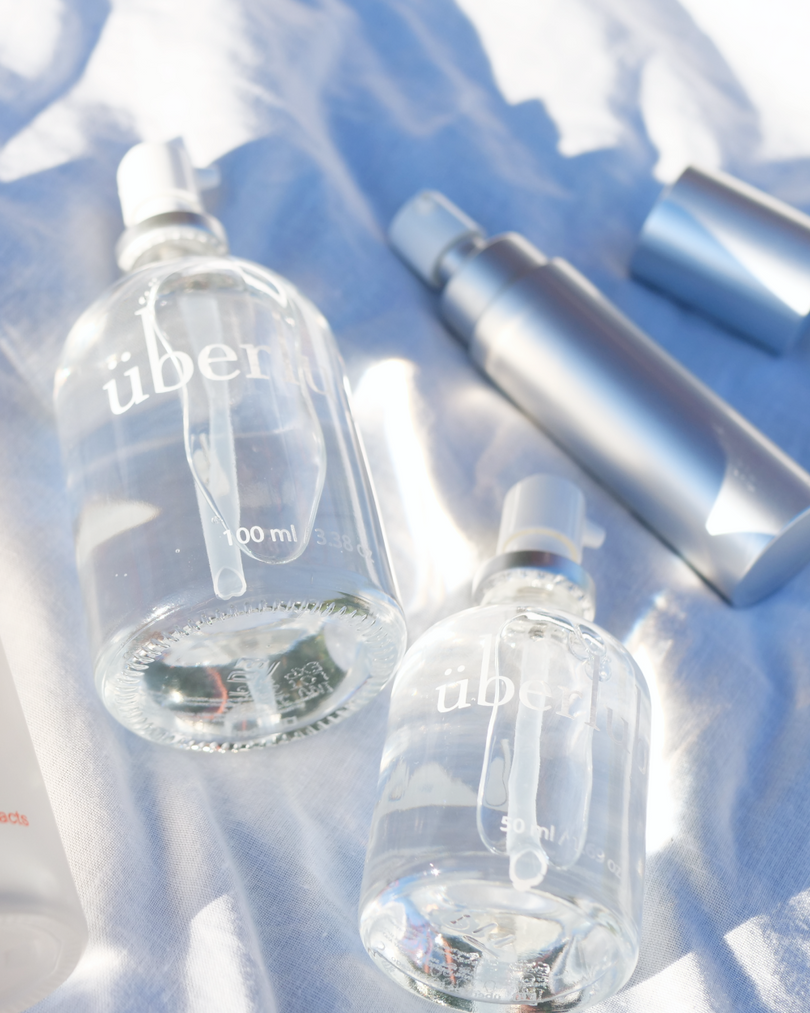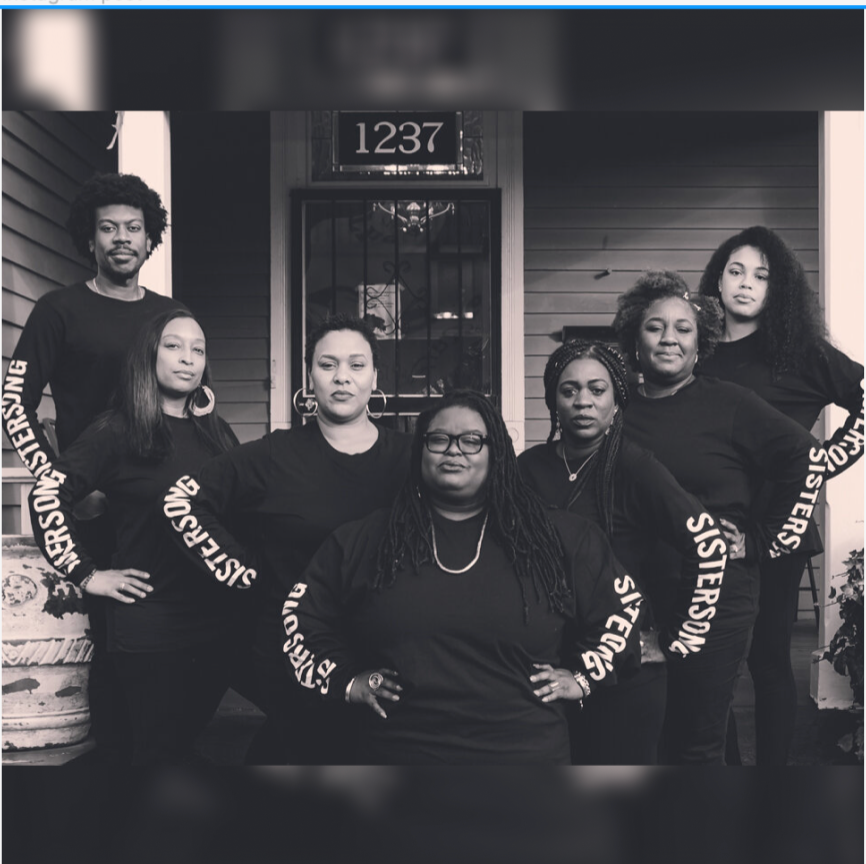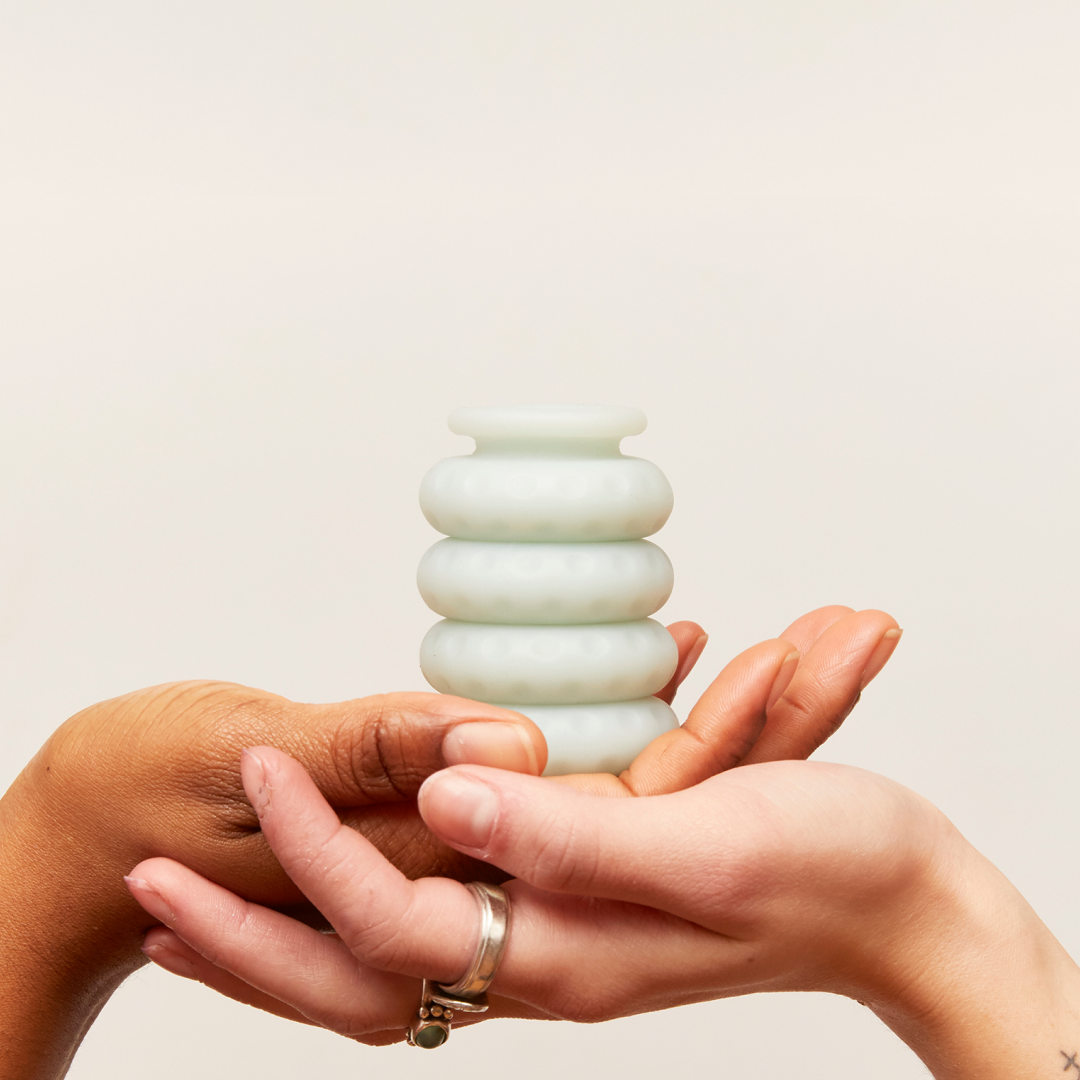
Simran Singh Jain (she/they)
Membership Coordinator, SistersongDurham, North Carolina
“Hi, Team flossy! My name is Simran (she/they) and I’m the Membership Coordinator here at SisterSong. In my role, I focus on building our network and organizing and educating our activist community. I also support our Communications Team with content creation.”
If Sistersong were a song, musical style, or artist, what would it be?
I’d have to say the singer Mya! She performed at our most recent Let’s Talk About Sex! conference and her show was unbelievable. She embodied the heart of Reproductive Justice.
What would you say are Sistersong’s core values – what makes you, ‘you’?
SisterSong’s creation came out of Reproductive Justice as a movement for Black and Brown women, by Black and Brown women. The mainstream movement for reproductive health and rights has always been led by white, upper-class, cisgender women, and it was time for us to have a movement of our own that spoke to our experiences. The four tenets of Reproductive Justice that inform SisterSong’s work are:
- The right to have children
- The right to not have children
- The right to raise our children in safe and sustainable communities
- The right to bodily autonomy
This inclusive, expansive framework works to center the most vulnerable in our movement and invites us to see the intersections between reproductive health workers and all other facets of social justice.
Can you explain what Reproductive Justice means and how Sistersong approaches this work?
SisterSong’s mission is to strengthen and amplify the collective voices of Black, indigenous women, and women of color to achieve reproductive justice by eradicating reproductive oppression and securing human rights. We are a non-profit collective of activists and organizers, all fighting for the expansive and inclusive Reproductive Justice framework. Reproductive Justice is much more than just abortion, it’s clean drinking water and ending police brutality. Any social justice issue can be looked at through a Reproductive Justice lens. SisterSong approaches our movement work by empowering and supporting the most vulnerable people among us, the people who are often left out of the mainstream conversation. None of our people are free until we are all free.
Why do you think pleasure is an important aspect of reproductive justice, and how has it historically been disregarded for Black and Brown communities?
“Reproductive Justice is about so much more than combatting reproductive oppression, it’s about cultivating holistic joy.”
It is so easy to get caught up in a news cycle, media, and culture that only focuses on Black and Brown suffering. Reproductive Justice is about so much more than combatting reproductive oppression, it’s about cultivating holistic joy. Our cultures are full of vibrance, music, art, and pleasure. Narratives of pain are real, but they are not the only narratives that are important and powerful.
How can we shift the mainstream narrative around reproductive health and sexuality to be more inclusive and centered on pleasure?
“Trusting Black Women means empowering them to make their own decisions about their reproductive and sexual lives, families, and pleasure.”
Mainstream conversations around reproductive health and rights often center on white, upper-class, cisgender women and don’t recognize the unique experiences of people of color who are disproportionately impacted by abortion bans and other attacks on reproductive health, rights, and safety. When mainstream conversations focus so heavily on the legal right to access an abortion, they fail to recognize that for marginalized people, we have been living in a world without Roe v Wade for a long time. Legal choice is meaningless without access, and for poor Black and Brown and Queer and Trans folks, accessing reproductive health care has been challenging, if not impossible, since long before Roe v Wade was overturned.
SisterSong’s Trust Black Women campaign focuses on giving power back to Black women who are experts on their own bodies and experiences. Trusting Black Women means empowering them to make their own decisions about their reproductive and sexual lives, families, and pleasure. Focusing on supporting Black and Brown folks to find agency within their exploration of pleasure invites us to move into a space that is more inclusive and fun than the mainstream conversation.
Can you share some examples of how Sistersong takes a pleasure-centered approach in its work?
“Being able to dance together and be taught by incredible Black women how to joyfully connect with your bodies is an act of freedom and liberation.”
In August 2022, SisterSong hosted our bi-annual Let’s Talk About Sex! (LTAS) conference in Dallas, Texas. LTAS is the largest Reproductive Justice conference in the world and brings together activists from all around the country to build community, learn together, and talk about sex as much as possible.
LTAS invites trainers and facilitators from across movements to teach sessions on various Reproductive Justice topics, from sex work to environmental racism. This year, we had a workshop going on about how to self-manage abortion in a post-Dobbs world. In the room right across from this session, we had a Twerking Workshop– a Twerkshop, if you will.
The Twerkshop was just one of many examples of how pleasure is central to our world, our communities, and our movement. Being able to dance together and be taught by incredible Black women how to joyfully connect with your bodies is an act of freedom and liberation.
How can we work towards building a world where pleasure is valued and accessible for all people, regardless of race, gender, or other identities?
Creating positive representation in the media around sex, whether that’s your favorite television show or porn, that is shame and stigma-free would open up a world of sexual expression for marginalized people. This includes having comprehensive sexual education for both youth and adults who may not have had access to sex ed previously. Sexual education that shares all the many ways that people have sex and views sexuality from a pleasure and connection lens (the reason why most people have sex!) would invite opportunities for all people to explore their desires.
Black and Brown, queer and trans, and disabled people are not just fetishes, we are human beings with full, complex sexualities that deserve to be represented and celebrated.
How can companies and brands, like Flossy, center the needs and experiences of Black and Brown folks when it comes to pleasure?
Keep having this conversation! There are so many incredible Black and Brown sex educators to learn from and highlight.
What does pleasure look like for you?
Pleasure is about so much more than sex! Physical touch is very much my love language, and that means holding my loved ones close and finding pleasure in those intimate connections, sexual or otherwise.
Any last words? A place for hopes, dreams, and maybe today’s to-do list - if that helps ;)
Join SisterSong’s Membership Program!! All the cool people are doing it.



